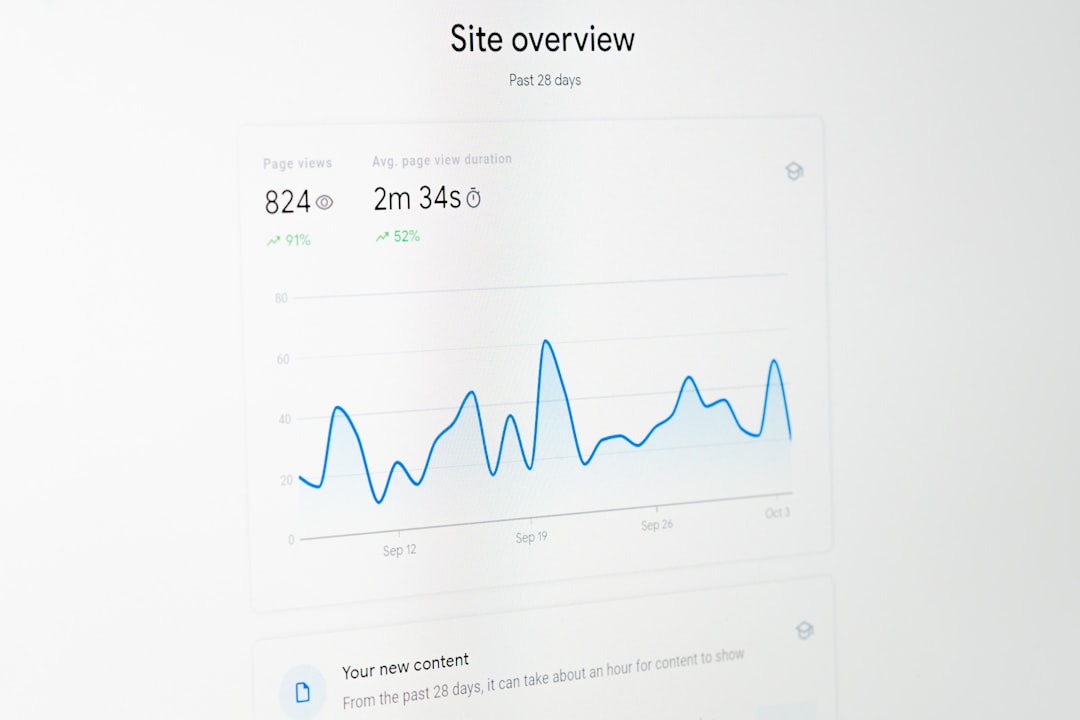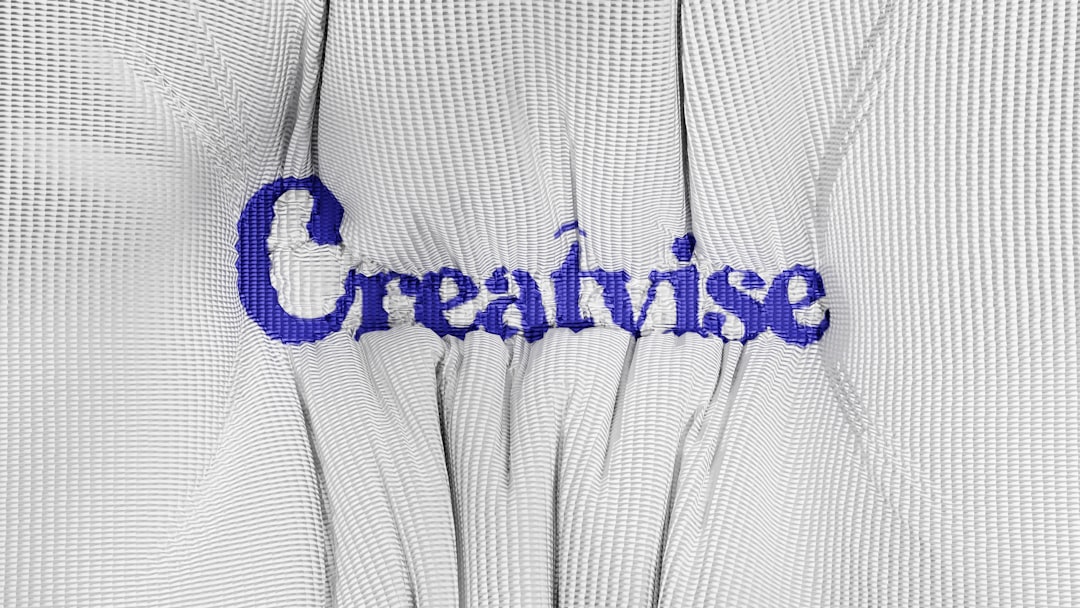As artificial intelligence continues to evolve, a growing number of AI-based conversational platforms have emerged to meet the demand for personalized, intelligent digital interactions. Among these platforms, two names frequently appear in discussions: PolyBuzz and Character AI. In 2025, both solutions have matured considerably, offering users powerful tools for AI-driven conversations—but they serve quite different goals and audiences.
Whether you’re a developer, a content creator, or simply an enthusiast exploring AI companions, understanding the nuances between these platforms is essential. This comprehensive comparison guide outlines the key features, strengths, and limitations of PolyBuzz and Character AI to help users make informed decisions based on their individual needs.
1. Overview
PolyBuzz
PolyBuzz is a conversational AI platform designed for versatility and scalability. The platform caters to both personal users and businesses, with strong capacities for professional-grade chatbot deployment. PolyBuzz is praised for its customizable logic systems, naturalistic conversation patterns, and enterprise-level integrations.
Character AI
Character AI focuses more narrowly on generating persona-driven interactions. It enables users to create digital characters—ranging from historical figures to entirely fictional personalities—that can engage in human-like conversations. It’s particularly popular among casual users, gamers, and writers looking for realistic roleplay or idea generation.
2. User Interface and Experience
One of the first touchpoints for any user is the interface. Let’s examine how both platforms handle UX and accessibility.
- PolyBuzz: Offers a clean, professional UI with drag-and-drop customization tools that appeal to developers and business users.
- Character AI: Features a whimsical, character-centric UI with avatars and creative prompts. Its design encourages user engagement through visual cues and gamified interfaces.

While PolyBuzz prioritizes functionality and workflow, Character AI leans into storytelling and creativity, making it more accessible for casual and first-time users.
3. Intelligence and Conversational Depth
For most users, the backbone of a great AI experience lies in its conversational fluency and adaptive responses. Both platforms deliver compelling conversations powered by advanced machine learning models, but they take different approaches:
PolyBuzz
- Leverages proprietary NLP models with deep contextual memory and dynamic scripting.
- Designed for sustained dialog with multi-turn response handling and support for logic branching.
- Enables integrations with external APIs to execute real-world commands (e.g., scheduling, e-commerce).
Character AI
- Built on transformer-based models optimized for realism in speech patterns and emotional nuance.
- Excellent at simulating unique behaviors for each persona, enhancing realism and immersion.
- Limited factual recall and real-world API execution capabilities compared to PolyBuzz.
If your goal is utility and broad conversation contexts, PolyBuzz may be more effective. However, for rich, character-driven storytelling, Character AI remains the superior choice.
4. Customizability
Customization is where these two platforms diverge significantly:
- PolyBuzz: Offers in-depth backend controls, allowing users to script conversations, assign triggers, and integrate third-party tools. It supports multiple languages and adapts its tone based on context shooting for high flexibility.
- Character AI: While customization options exist, they revolve mainly around character development. Users pick traits, write backstories, and define speech styles. However, it doesn’t offer technical integrations or complex logic manipulation.
For developers and enterprise implementations, PolyBuzz’s edge in customization is hard to beat. Conversely, Character AI tailors more toward creative freedom and immersion over functionality.
5. Use Cases
Understanding who these platforms are best suited for can guide your selection process:
PolyBuzz is ideal for:
- Businesses looking for automated customer service solutions
- Productivity-based AI tools (e.g., scheduling assistants, FAQ bots)
- Educational applications where accurate and adaptive dialogues are essential
Character AI is ideal for:
- Fans of storytelling, gaming, and roleplay
- Writers and creators seeking realistic writing prompts or feedback
- Casual users looking for entertaining, character-driven interactions

While both platforms can be used for creative and practical ends, their core architectures support distinct user communities.
6. Performance and Scalability
PolyBuzz is built to scale. Its cloud-native infrastructure ensures uptime availability, load balancing, and multi-user support. It’s optimized for hundreds—if not thousands—of concurrent sessions with robust session logging and recovery tools.
Character AI is excellent for small-scale interactions but can become inconsistent under heavier usage due to its resource-intensive personalization models. While newer versions rolled out in 2025 have improved performance, Character AI still struggles somewhat with large-scale enterprise deployment.
7. Privacy and Security
- PolyBuzz: Adheres to GDPR, HIPAA, and other compliance standards. It provides secure user authentication, data encryption, and administrative controls suitable for regulated industries.
- Character AI: Collects conversational data for model training but doesn’t meet the same enterprise-grade security certifications. It’s generally safe for casual use but may not satisfy corporate or healthcare data policies.
Security-conscious users and businesses will prefer PolyBuzz due to its mature compliance ecosystem.
8. Pricing Models
In 2025, both platforms have diversified their pricing tiers:
PolyBuzz:
- Free tier with basic chatbot tools and limited API usage
- Tiered subscriptions from $29/month to enterprise plans above $499/month with full functionality
Character AI:
- Free for most character interactions with optional in-app purchases
- Premium plan at $12/month removing limitations and offering faster response times
If affordability and creative interaction are your priorities, Character AI delivers value. However, for expansive functionality and professional features, PolyBuzz presents a more scalable investment.
9. Community and Support
Both platforms have active communities, but the nature of these communities differs.
- PolyBuzz: Generates a strong developer network with forums, support tickets, and documentation for business applications and API integration.
- Character AI: Encourages a social creative user base, complete with fan-created characters, Discord communities, and collaborative storytelling hubs.
Support quality is robust across both, but the character-centric community of Character AI excels in user-generated creativity, while PolyBuzz is backed by reliable, professional-grade technical support.
Final Verdict
In conclusion, PolyBuzz and Character AI serve different ends of the conversational AI spectrum in 2025. PolyBuzz is an all-in-one solution suited for scalable, real-world applications, offering a high level of control, integration, and security. In contrast, Character AI shines in environments where creativity, emotional nuance, and entertainment are the focal points.
Choose PolyBuzz if you need:
- Business-ready chatbots
- Moderate to heavy customization and logic design
- Secure, scalable infrastructure
Choose Character AI if you want:
- Realistic character interaction and immersive dialogue
- Writing inspiration, roleplay, or storytelling experiences
- Fun, accessible interfaces focused on creative play
Ultimately, the best platform is the one that aligns most closely with your exact goals and use cases. The rise of AI companions and productivity assistants will only accelerate, and both tools are shaping the conversation in their own unique ways.
I’m Sophia, a front-end developer with a passion for JavaScript frameworks. I enjoy sharing tips and tricks for modern web development.
